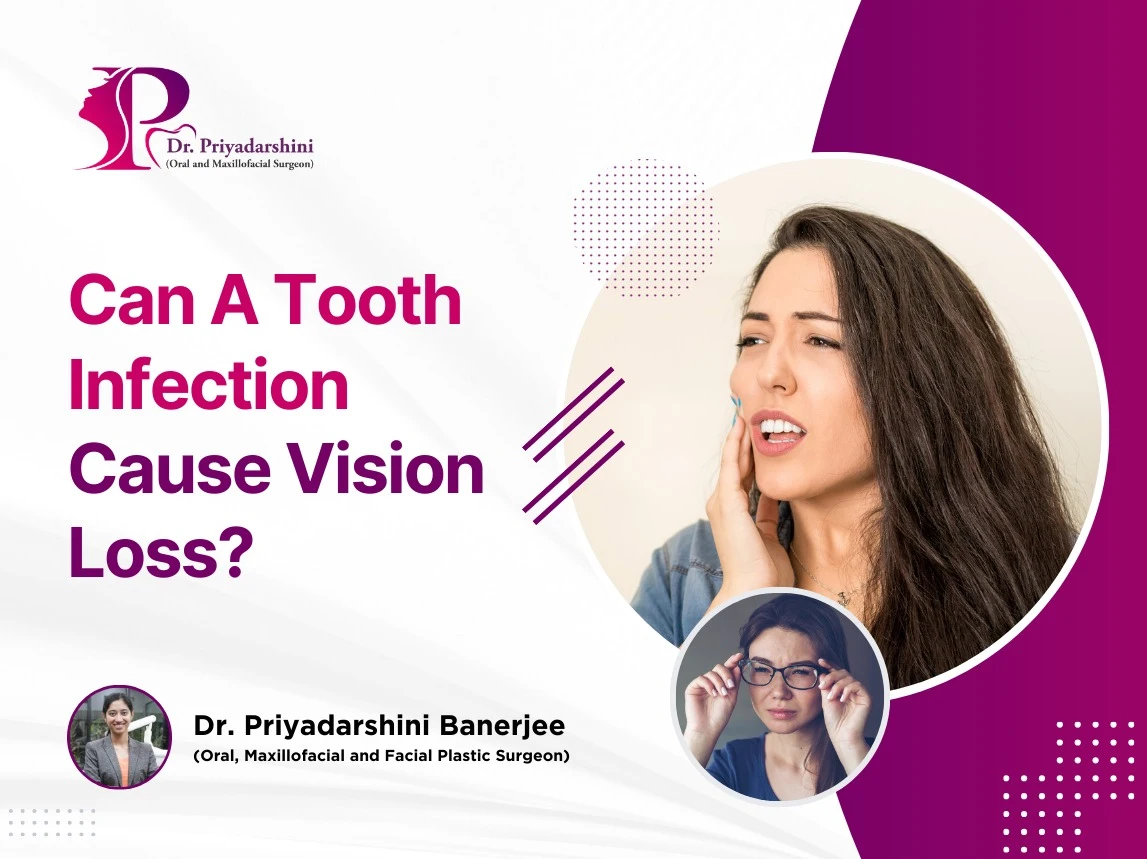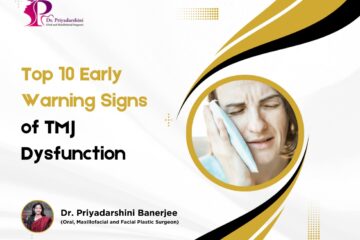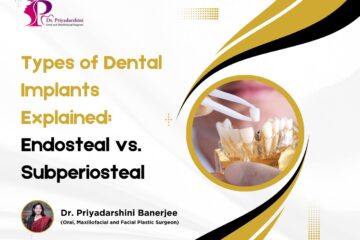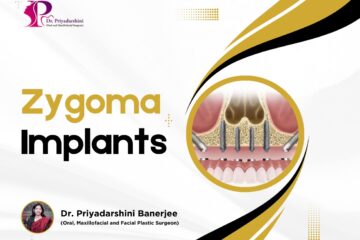Can a Tooth infection Cause Vision loss?
Tooth infections, also known as dental abscesses, are bacterial infections that can occur within the tooth or in the surrounding gums. While tooth infections primarily affect oral health, there has been speculation about potential links between dental infections and vision loss. Let’s delve into the connection between tooth infections and vision problems to understand the risks and implications.

Understanding Tooth Infections
- Tooth infections typically develop as a result of untreated dental decay, trauma to the tooth, or gum disease. When bacteria penetrate the tooth’s enamel and dentin layers, they can reach the pulp, leading to inflammation, pain, and eventually abscess formation. Without prompt treatment, tooth infections can spread to surrounding tissues and potentially cause serious complications.
Potential Mechanisms of Vision Loss
While tooth infections primarily affect the oral cavity, there are theoretical mechanisms by which they could impact vision:
- Spread of infection: In rare cases, untreated tooth infections can spread to adjacent structures, including the sinuses and the orbit (the bony socket that houses the eye). If the infection reaches the orbit, it could potentially affect the surrounding tissues, including the optic nerve, leading to vision problems.
- Systemic inflammation: Chronic dental infections can trigger systemic inflammation, which has been linked to various health conditions, including cardiovascular disease, diabetes, and autoimmune disorders. Although less direct, systemic inflammation could potentially impact ocular health and contribute to vision problems over time.
- Immune-mediated complications: Severe dental infections can trigger immune responses that may lead to systemic complications, such as sepsis or autoimmune reactions. While the direct impact on vision is less clear, systemic complications could potentially affect overall health and indirectly impact ocular function.
Risk Factors and Prevention
While the risk of tooth infections causing vision loss is exceedingly rare, certain factors may increase the likelihood of complications:
- Delayed treatment: Delaying treatment for a tooth infection increases the risk of complications, including spread of the infection to adjacent tissues.
- Immune compromise: Individuals with weakened immune systems, such as those with HIV/AIDS, diabetes, or undergoing chemotherapy, may be at higher risk of experiencing complications from dental infections.
- Overall health status: Poor overall health and chronic medical conditions may exacerbate the impact of dental infections on systemic health, potentially increasing the risk of complications.
Preventing Tooth Infections and Complications
The best way to prevent tooth infections and potential complications is through good oral hygiene practices, including:
- Brushing teeth twice daily with fluoride toothpaste
- Flossing daily to remove plaque and debris from between teeth
- Regular dental check-ups and cleanings to detect and address dental issues early
- Seeking prompt treatment for dental problems, including tooth decay and gum disease
Conclusion
While tooth infections are primarily localised oral health issues, there is a theoretical risk of complications, including vision problems, in rare cases. Understanding the potential risks and mechanisms involved can help individuals prioritise dental health and seek prompt treatment for dental issues to prevent complications and maintain overall well-being. If there are concerns about potential connections between dental infections and vision problems, consulting with both a dentist and an eye care professional can provide personalised guidance and reassurance.
Book an appointment today!
If you have any general or medical enquiry, feel free to contact us.
Healing Thousands of Life.
We are one of the best health clinics in town, with over 25 certified and qualified doctors serving the community .
Dr. Priyadarshini Banerjee is an Oral And Maxillofacial Surgeon in Koregaon Park, Pune.
Conclusion
Rhinoplasty, while not entirely painless, involves manageable post-operative discomfort. Effective pain management strategies, combined with proper care and open communication with your surgeon, ensure a comfortable recovery journey. Remember, prioritising your physical and emotional well-being throughout the process is crucial.



